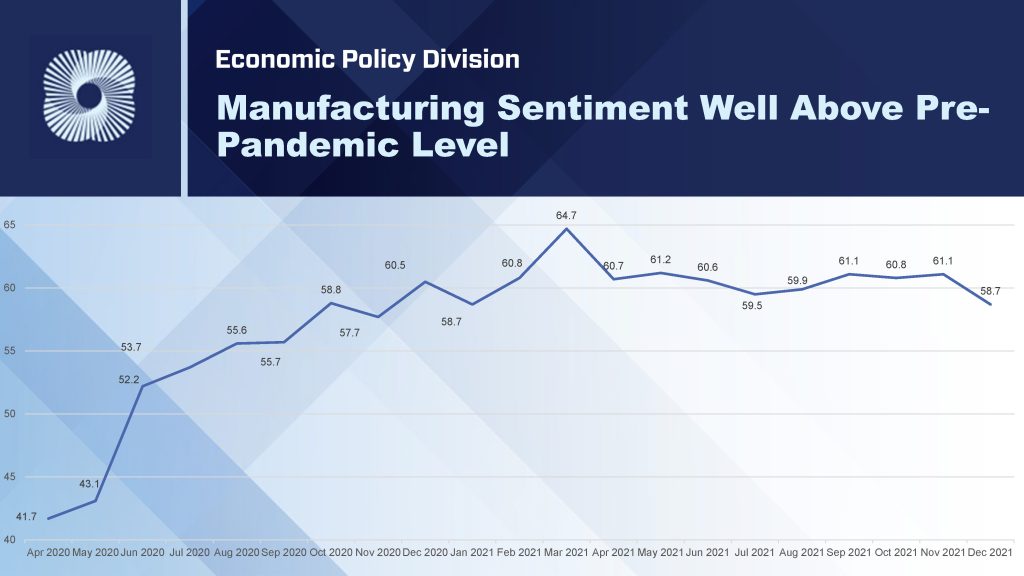Self-Managed Utility Benefits Vermont
GlobalFoundries’ economic impact in Chittenden County and the state is tremendous, and its continued success and growth in Vermont is important to the business community. As one of the state’s largest private employers, GlobalFoundries employs 2,200 Vermonters and generates an additional 5,000 indirect. GlobalFoundries owns 8% of the 12% of global chip manufacturing in the nation, 93% of the smartphone market, and is an emerging leader in the renaissance for United States semiconductor chip manufacturing for the auto industry with a recent partnership with the Ford Motor Company.
To address the challenge of high energy costs, GlobalFoundries has proposed an innovative solution; a forward-thinking self-managed utility (SMU) as a way to cost-effectively and efficiently manage its own energy portfolio and meet its customers’ as well as Vermont’s high carbon reduction standards.
Unfortunately, critics have misrepresented the impacts to Vermont and mischaracterized GlobalFoundries’ intent. The benefits include:
- GlobalFoundries economic impact in Chittenden County and the state is enormous and its continued growth and success in Vermont is important to all of us.
- The approval of a Self-Managed Utility is critical for GlobalFoundries to manage its own energy costs, remain competitive nationally and globally, and continue to invest and grow in Vermont.
- The proposal has minimal impact on ratepayers ꟷ zero in the first year and estimated to be less than 0.27% in any year thereafter.
- Approval will enable GlobalFoundries to continue to make substantial investments in cutting-edge renewable and carbon-free energy generation projects at their campus in partnership with the University of Vermont and other local businesses.
- GlobalFoundries Self-Managed Utility will help meet Vermont’s climate goals.
The next step in the process will be before the Public Utility Commission who will rule on GlobalFoundries’ petition to move forward.
For questions or to learn more, please contact Chris Carrigan.
SHARE THIS ARTICLE
RECENT NEWS




